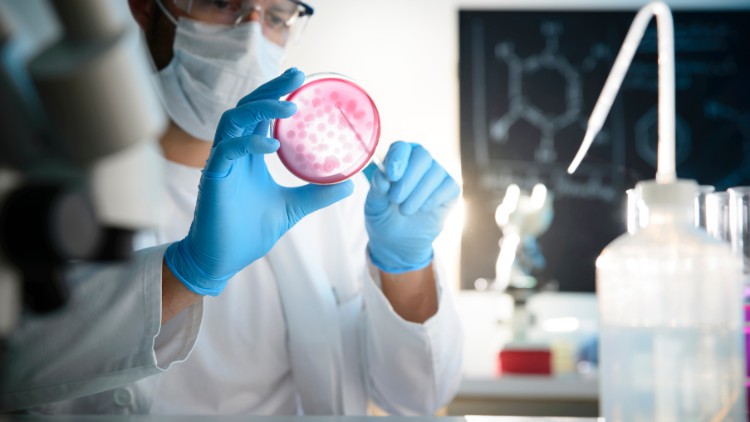Certificate Course in Pharmaceutical Microbiology

Why take this course?
- Pharmaceutical Microbiology Course Overview:
The "Certificate Course in Pharmaceutical Microbiology" is designed to provide a comprehensive understanding of microbiological aspects as they pertain to pharmaceutical products. The course covers various topics, including:
- Microbial contamination and its control
- Sterility testing and environmental monitoring
- Microbial identification and antimicrobial susceptibility testing
- Bioburden determination and quality control
- Regulatory requirements and guidelines for microbial testing
- Aseptic processing, cleanroom classification, and microbial limit testing in manufacturing settings
The course is beneficial for a wide range of professionals in the pharmaceutical industry, including those in quality control/assurance, research and development, regulatory affairs, manufacturing and production, sales and marketing, consultancy, and training. It is an opportunity for career advancement by obtaining recognized certification that validates expertise in this field.
- Microbiological Quality Control of Pharmaceutical Products:
Microbiological quality control is a critical component of pharmaceutical manufacturing processes to ensure product safety and compliance with regulations. The following key points highlight its importance:
-
Regulatory Compliance: Adherence to standards set by pharmacopeias like USP, EP, and JP is mandatory for licensed pharmaceutical companies. These standards dictate the quality control procedures that must be followed.
-
Growth Promotion Testing: This testing ensures that culture media, which are essential for microbiological assays, can support microbial growth, thereby guaranteeing reliable results in subsequent tests.
-
Microbial Enumeration Testing (USP <61>): This test determines whether a pharmaceutical product contains less than the allowable concentration of objectionable microorganisms through various methods like direct plating, membrane filtration, or MPN.
-
Antimicrobial Effectiveness Testing (USP <51>): This test verifies that antimicrobial preservatives in the final product are functioning effectively to inhibit microbial growth.
-
Environmental Monitoring: Regular monitoring of the manufacturing environment helps identify potential sources of contamination and prevents them from reaching the product.
-
Sterility Testing: This test ensures that pharmaceutical products are free from viable objectionable organisms, which is crucial for injectable products and other sterile applications.
By understanding and applying these quality control measures, pharmaceutical companies can minimize the risk of microbial contamination and ensure the production of safe and effective products. The knowledge gained from a course in pharmaceutical microbiology is essential for implementing these controls effectively and maintaining high standards of product quality and safety.
Loading charts...